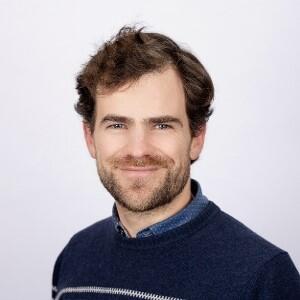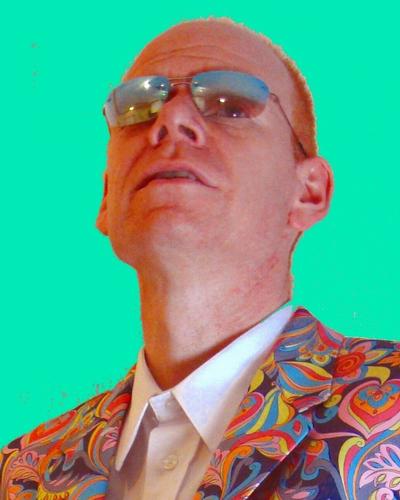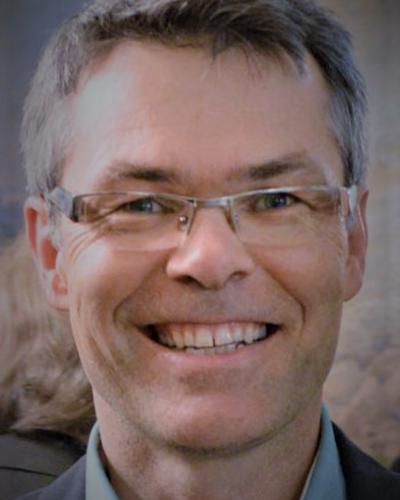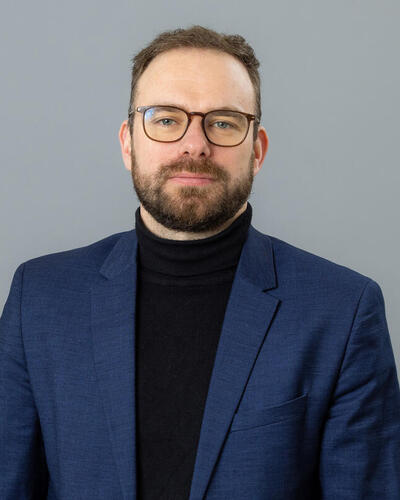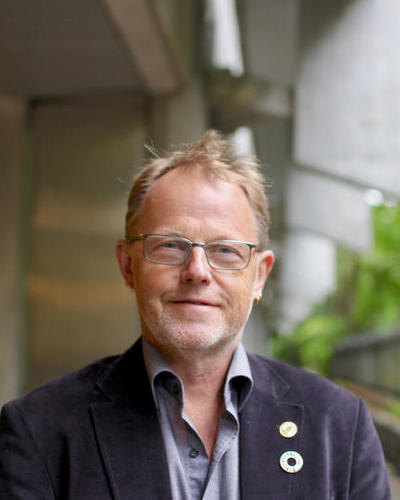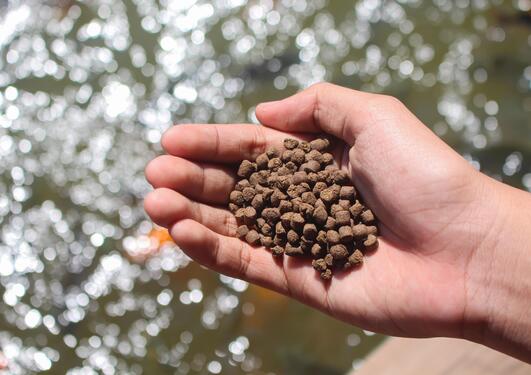Fish trade as if food security mattered: the role of marine ingredients
During the interfacultary workshop Social Science and Humanities Perspectives on Fish Feed, there will be three keynotes that are public and open for all.

Main content
The second keynote, "Fish trade as if food security mattered: the role of marine ingredients", is held by Joeri Scholtens from University of Amsterdam.
See information below about the two other keynotes.
No registration is needed - welcome to Ulrike Pihls hus, seminar room 4A (4th floor) on Monday 9 December at 15.20!
Abstract
International trade of seafood is widely argued to be conducive for improving both local and global food security. Low-income countries sell their high value or excess fish production, while importing higher volumes of cheaper fish, generating foreign exchange, livelihoods and affordable food all at the same time, or so is the idea.
Here I wish to take a critical look at these premises, by zooming in on the concealed role of marine ingredients in these trade relations. The embodied fish in trade FMFO commodities, as well as the embodied fish in cultured species like shrimp and salmon are largely omitted from fish trade statistics, which effectively conceals significant drains from low income food insecure countries.
Drawing empirically on Indian and Sri Lanka fish trade, and theoretically on ecological unequal exchange theory and critical discourse analysis, I argue that these omissions are part of a larger discursive regime of justification which function to confuse critiques and legitimize food production systems that potentially harm food security.
Other public keynotes
- Controversies over fish feed and resource use in the history of Norwegian salmon farming - Monday 9 December, 09.00-10.20, Ulrike Pihls Hus, seminar room 4A (4th floor)
- Feeding collaborations – a conversation - Tuesday 10 December, 09.00-10.00, Ulrike Pihls Hus, seminar room 4A (4th floor)
About the workshop
Aquaculture is one of the most important industries in Norway and fish feed is increasingly recognized as a central element in attempts to make aquaculture more sustainable.
Unsurprisingly, such an endeavour poses challenges on epistemic, technological, ecological, economic, political and normative levels.
There is a wealth of research in the field of the social sciences and humanities (SSH) interested in the various entanglements of aquaculture with organizational configurations, different ways of producing and circulating knowledge, modes of governance and innovation, as well as with certain (collectively held) ideas about Norwegian ocean futures.
The workshop brings together researchers from different fields to discuss their work and perspectives.
---
The workshop is co-organized by the Centre for the Study of the Sciences and the Humanities (SVT), the Department of Social Anthropology and the Department of Geography at UiB, with economic support from UiB Ocean and support from the SEAS programme (Shaping European Research Leaders for Marine Sustainability), funded under Marie Skłodowska-Curie grant agreement No 101034309.
